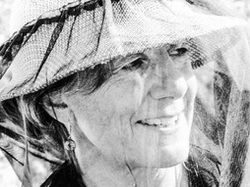
Honeybees have thrived for 50 million years, each colony 40 to 50,000 individuals coordinated in amazing harmony. So why, seven years ago, did colonies start dying en masse? Marla Spivak reveals four reasons which are interacting with tragic consequences. This is not simply a problem because bees pollinate a third of the world’s crops. Could this incredible species be holding up a mirror for us?
Marla Spivak researches bees’ behavior and biology in an effort to preserve this threatened, but ecologically essential, insect.
Erika Forbes, PhD, is Associate Professor of Psychiatry and Psychology at the University of Pittsburgh and director of the Affective Neuroscience and Developmental Psychopathology Lab. She completed her AB at Harvard University and her PhD at the University of Pittsburgh. She is a clinical and developmental psychologist by training, and her work examines the neuroscience of mental health in young people. Specifically, she uses techniques such as functional magnetic resonance imaging to investigate how unusual brain function in response to rewarding or pleasant stimuli is involved in the development of depression and substance use in adolescents.
Frank Njenga is a Consultant Psychiatrist in private practice in Nairobi, Kenya, where he has practiced for thirty years. He was the founder President of the African Association of Psychiatrists and Allied Professions (AAPAP). Dr Njenga was appointed by the President of Kenya to chair the (NACADA) - National Campaign Against Drug Abuse Authority Board which is the body that advices the Kenya Government on Drug and Alcohol policies. In addition to his medical practice, he is Founder Chair of the Institute of Education in Democracy (IED), an Africa wide election monitoring body, as well as active campaigner for Democracy in Africa. He is an author of many scientific papers, books and book chapters, including children's' books.
Could we live on the moon? How about Mars? What would we need? Can we make space habitable for humans? Monica explores how we can create a home away from planet Earth.
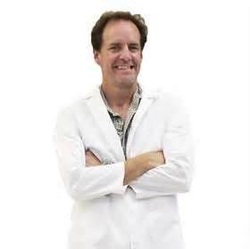
As founder and director of the South Texas Center for Emerging Infectious Diseases, with 19 infectious disease laboratories, Dr. Klose's research focuses on understanding bacterial pathogenesis in order to develop effective vaccines and therapeutics.
Dr. Klose received his Ph.D. in Microbiology at the University of California Berkeley in 1993, and performed postdoctoral studies in microbial pathogenesis at Harvard Medical School.
He joined the department of Microbiology at the University of Texas Health Science Center in San Antonio in 1997 as an assistant professor, and moved to the University of Texas San Antonio in 2004. He is the founder and director of the South Texas Center for Emerging Infectious Diseases, which consists of 19 infectious disease laboratories.
Dr. Klose’s research focuses on understanding bacterial pathogenesis, in order to develop effective vaccines and therapeutics. His laboratory studies Vibrio cholerae and Francisella tularensis, as well as several other human bacterial pathogens.
An author on more than 84 peer-reviewed publications, Dr. Klose has received funding from numerous sources, including NIH, DoD, SAAF, and Thrasher Fund. He has mentored many Ph.D., Masters, and undergraduate students, as well as postdoctoral fellows, and international visiting students from India, Spain, Austria, Germany, and Chile.
He has participated in numerous NIH study sections, he was the President of the Texas Branch of the American Society for Microbiology (ASM) (2001-2003), and has been an organizer of multiple national and international meetings, including meetings in Spain, Brazil, France, and India. He has twice been a recipient of two ASM Visiting Professorships, the first to Kolkata, India in 2004, and the second to Valparaiso, Chile in 2012. He received the 2002 Presidential Junior Research Scholar award at UTHSCSA and the 2009 President’s Distinguished Research Achievement Award at UTSA.
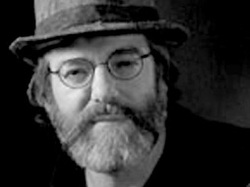
Paul Stamets believes that mushrooms can save our lives, restore our ecosystems and transform other worlds.Entrepreneurial mycologist Paul Stamets seeks to rescue the study of mushrooms from forest gourmets and psychedelic warlords.
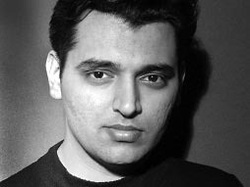
Pranav Mistry is the inventor of SixthSense, a wearable device that enables new interactions between the real world and the world of data.
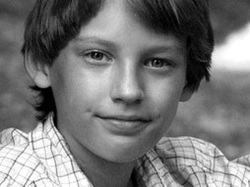
At age 9, while traveling with his family and being "roadschooled," Birke Baehr began studying sustainable and organic farming practices such as composting, vermiculture, canning and food preservation. Soon he discovered his other passion: educating others -- especially his peers -- about the destructiveness of the industrialized food system, and the alternatives.
